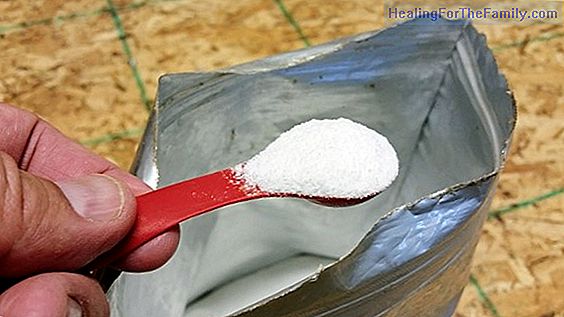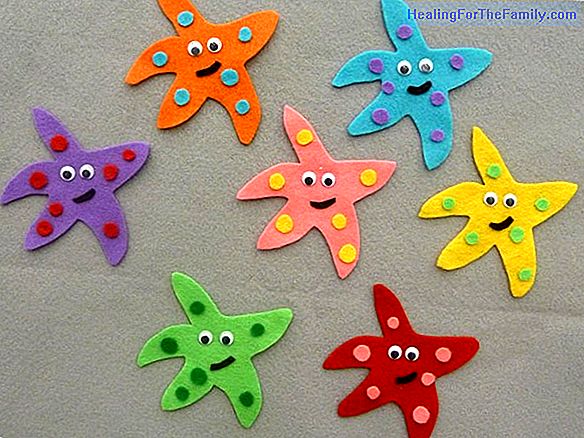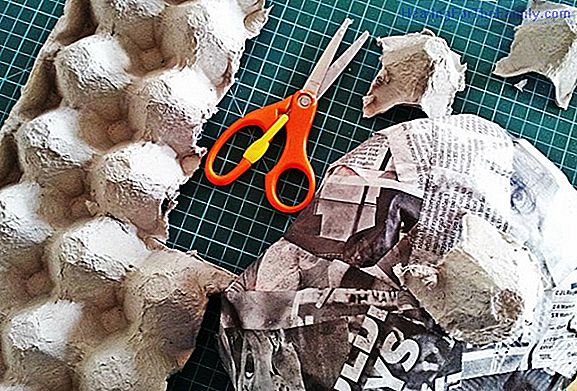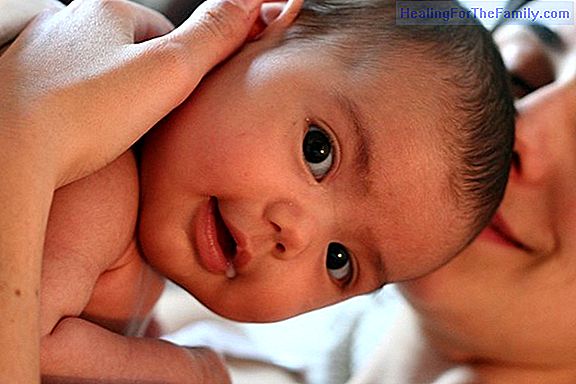What kind of heart disease can a child inherit?
The study of familial heart disease is crucial, both in children and in the elderly, since they are often present in apparently healthy individuals and in which, unfortunately, sudden cardiac death (MSC) may be the first manifestation of the disease . Sudden death (SD) is defined as an unexpected de
The study of familial heart disease is crucial, both in children and in the elderly, since they are often present in apparently healthy individuals and in which, unfortunately, sudden cardiac death (MSC) may be the first manifestation of the disease.
Sudden death (SD) is defined as an unexpected death, which occurs during the first hour after the onset of symptoms or which occurs within 24 hours after the victim has been last seen in good health. Is it an inherited heart disease? We explain what types of heart disease a child can inherit.
These are the types of heart diseases that a child can inherit
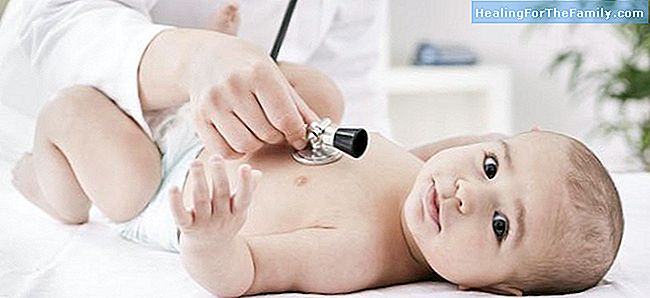
In children, we must consider two major types of inherited diseases with direct cardiac involvement:
1. Structural cardiopathies (cardiomyopathies).
2. Arrhythmogenic (channelopathies).
Currently more than 100 genes involved in diseases associated with sudden cardiac death are known. Most mutations in these genes are transmitted with an autosomal dominant inheritance pattern (descendants have a 50% chance of owning the mutation and developing the disease).
The future is precisely in the development of the so-called cardiogenetics, since its progress will allow us to know the molecular basis of sudden cardiac death, as well as to identify asymptomatic relatives at risk.
How family cardiopathies are studied in children
Children with a family history of severe arrhythmias and children with a family history of sudden death should be studied in children's cardiology. In them it is indicated to make a routine cardiological assessment (heart ultrasound, electrocardiogram); and in certain cases, a genetic study.
The purpose can not be more important: administer a pharmacological treatment or an adequate measure (for example: a pacemaker or a defibrillator) to guarantee the survival of the child.


